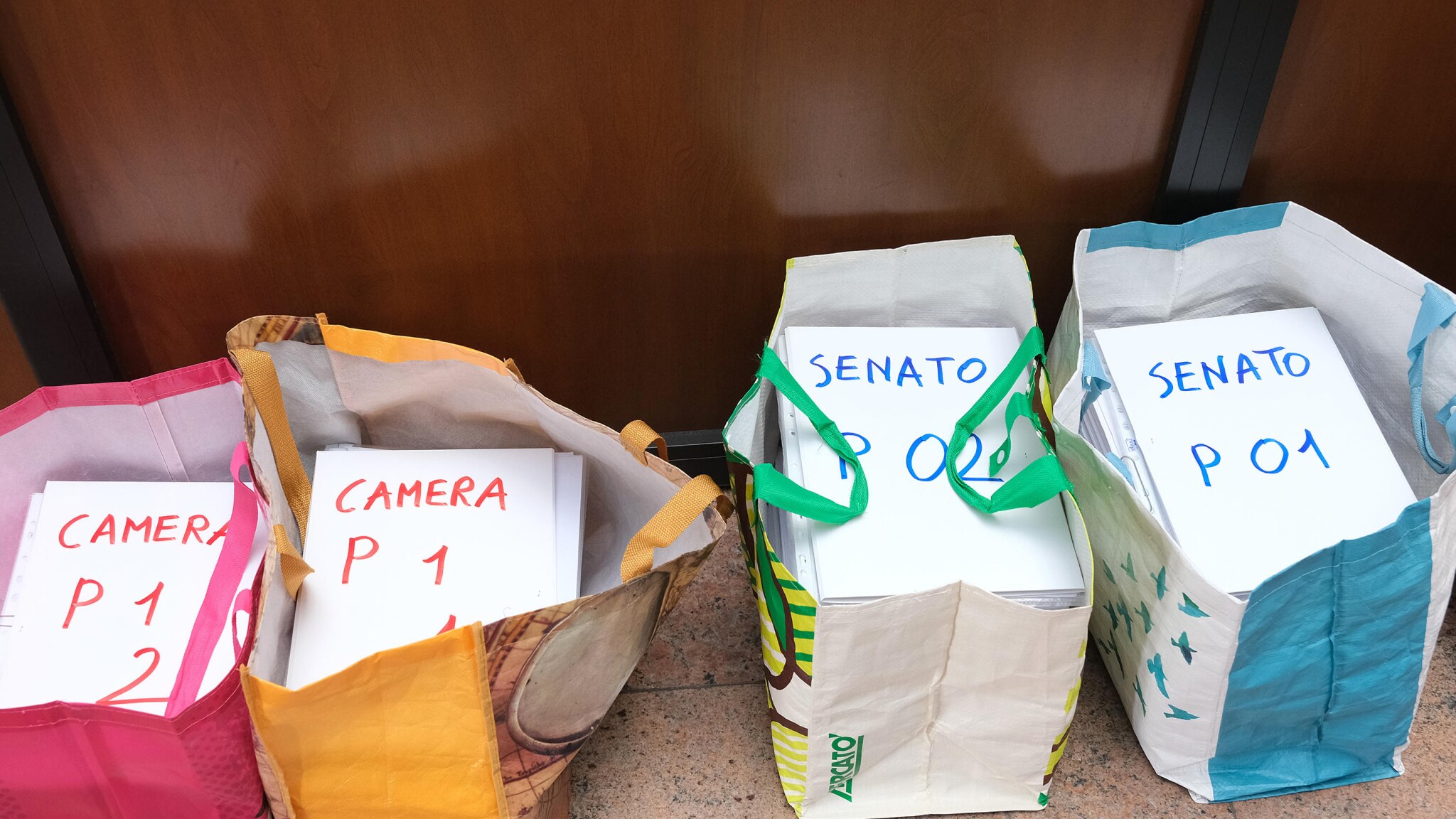With the political elections
the citizens elect the parliamentarians of the Chamber and Senate
.
The elected parliamentarians vote the confidence in parliament to the Prime Minister who is appointed by the President of the Republic
on the basis of the electoral result.
The electoral law with which you will go to vote (the so-called Rosatellum) divides the Italian territory into districts and colleges.
For an exhaustive explanation see the related Wikipedia page
400 deputies and 200 senators
will be elected
, about a third less than the previous Parliament.
For the Chamber
245 deputies will be elected through 49 multi-member constituencies
, while
147 through the same number of single-member constituencies
.
The remaining 8 seats are reserved for the foreign constituency.
In the Senate, on the other hand, there will be 26 multi-member constituencies that will elect a total of 122 senators
, the single-member constituencies
will be 74
with the foreign constituency which will be able to count on 4 seats.
In the single-member constituencies
each coalition or each party presents only one candidate.
The system is a majority
: whoever gets the most votes is elected.
In each single-member constituency only one candidate is elected (only one seat assigned).
In plurinominal constituencies,
each coalition or party presents several candidates.
The system is proportional
, simplifying: candidates are elected in proportion to the votes obtained, as long as they have passed the national thresholds.
In each college, several seats are assigned.
Below are two tables containing the House and Senate candidates of the main four camps in the single-member constituencies.

